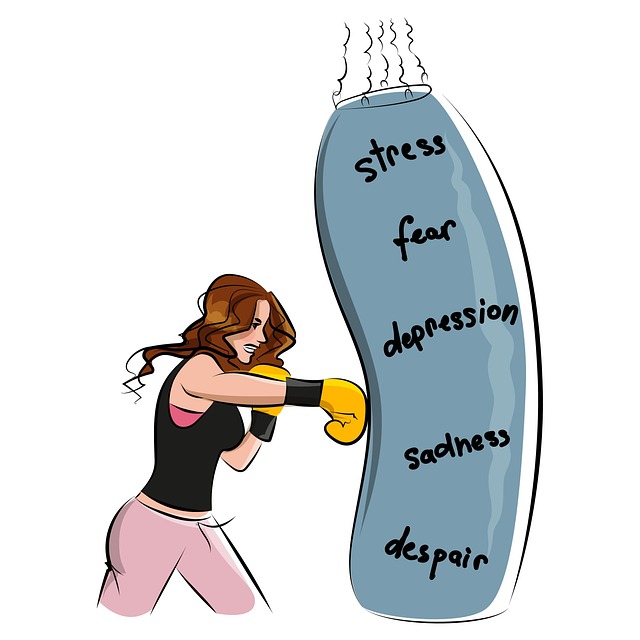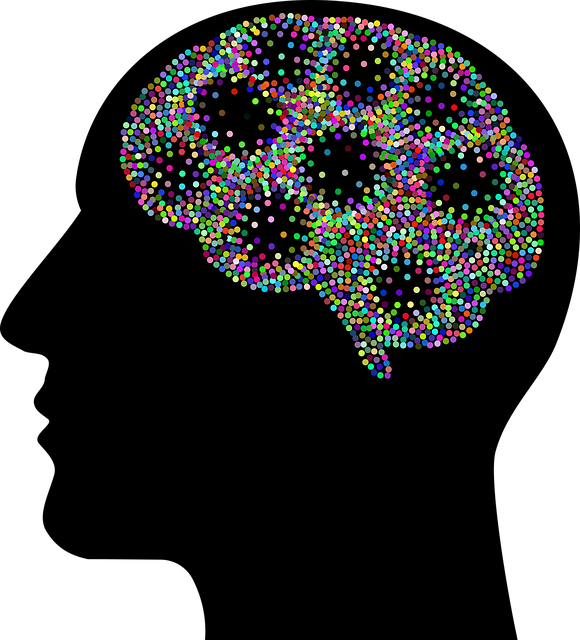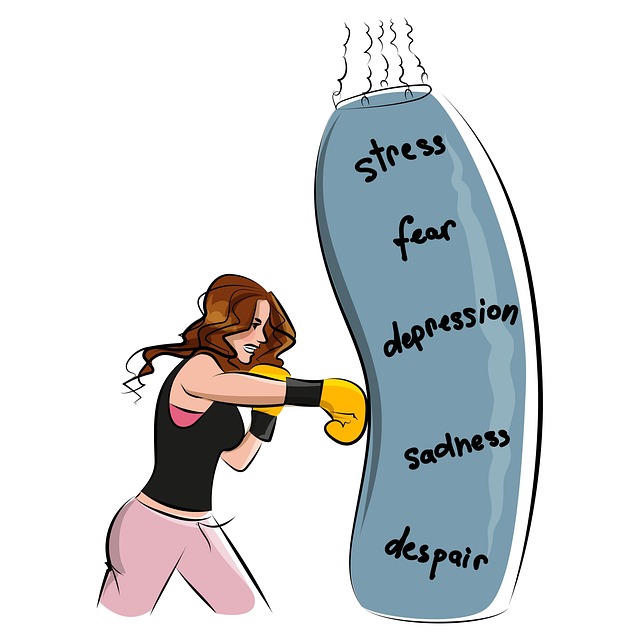Mental health challenges, from anxiety to severe conditions like Englewood Gambling Therapy (EGT), are common and require understanding. Apps offer accessible and personalized support for emotional regulation, bridging gaps in traditional therapy. These digital interventions connect users with peers, build supportive networks, and enhance peer-to-peer support. Cultural competency training is vital for inclusive app development catering to diverse populations. EGT apps transform mental wellness coaching through CBT, mindfulness, and progress tracking, fostering control over one's emotional health. In the growing mental wellness app market, user privacy and safety are paramount, with developers implementing strong data security measures and ethical design principles to empower users while prioritizing their well-being.
In today’s digital age, mental wellness app development is revolutionizing access to support. This article explores how mobile applications can address prevalent mental health challenges, with a specific focus on the potential of Englewood Gambling Therapy (EGT) apps. We delve into strategies for creating effective EGT tools while ensuring user privacy, safety, and ethical design. By harnessing technology responsibly, these apps hold promise in enhancing mental well-being and accessibility to care.
- Understanding Mental Health Challenges and the Role of Apps
- Developing Effective Englewood Gambling Therapy Applications
- Ensuring Privacy, Safety, and Ethical Considerations in App Design
Understanding Mental Health Challenges and the Role of Apps

Mental health challenges are diverse and widespread, affecting individuals from all walks of life. From anxiety and depression to more severe conditions like Englewood Gambling Therapy (EGT), understanding these issues is paramount in modern society. Apps have emerged as powerful tools to address these challenges, offering accessible and often personalized support. They provide a means to facilitate emotional regulation, especially for those who may struggle to access traditional therapy services.
These digital interventions can foster community outreach program implementation by connecting users with like-minded individuals, creating supportive networks, and promoting peer-to-peer support. Furthermore, healthcare provider cultural competency training is increasingly important in developing apps that cater to diverse populations, ensuring inclusivity and effective treatment for all users.
Developing Effective Englewood Gambling Therapy Applications

In the realm of mental wellness app development, Englewood Gambling Therapy applications are emerging as powerful tools to address specific issues. These apps leverage advanced technology to offer personalized and accessible therapy for those struggling with gambling-related problems. By integrating evidence-based practices, they provide users with strategies for mood management and emotional regulation, crucial components in improving overall mental wellness.
Effective Mental Wellness Coaching Programs Development within these apps often incorporates interactive features such as cognitive behavioral therapy (CBT) techniques, mindfulness exercises, and progress tracking tools. These elements facilitate user engagement, enabling them to actively participate in their journey towards better emotional health. Moreover, the discrete nature of mobile apps allows individuals to access support privately, breaking down barriers to care and fostering a sense of control over their mental wellness.
Ensuring Privacy, Safety, and Ethical Considerations in App Design

In the realm of mental wellness app development, prioritizing user privacy, safety, and ethical considerations is paramount. As apps like Englewood Gambling Therapy gain traction, developers must ensure sensitive data is securely stored and accessed only by authorized individuals. This involves employing robust encryption methods, anonymization techniques, and transparent data-sharing practices to safeguard users’ personal information.
Additionally, app design should foster a safe space for users to engage in stress management, self-care routine development for better mental health, and resilience building. Ethical guidelines must be strictly adhered to, ensuring no harmful content or practices are promoted. Users should be empowered, not exploited, with features that encourage positive behaviors and provide guidance without compromising their well-being.
Mental wellness app development is a burgeoning field that leverages technology to address critical mental health challenges. By incorporating evidence-based practices like Englewood Gambling Therapy, developers can create powerful tools for improving user well-being. However, it’s paramount to balance innovation with ethical considerations, ensuring privacy, safety, and effective treatment delivery. With the right approach, these apps have the potential to revolutionize access to mental healthcare, making support more accessible and affordable for all.














